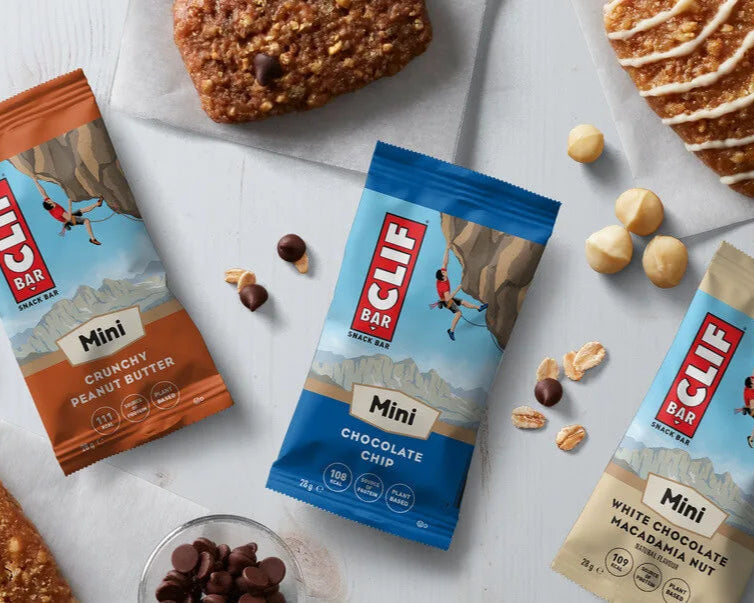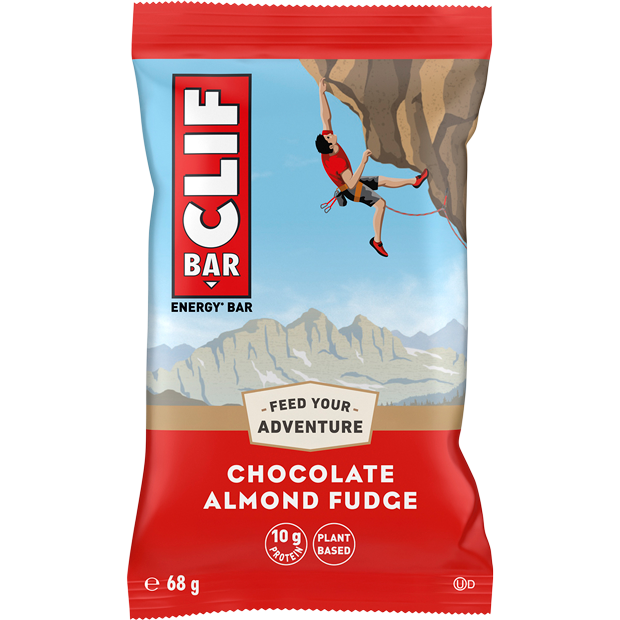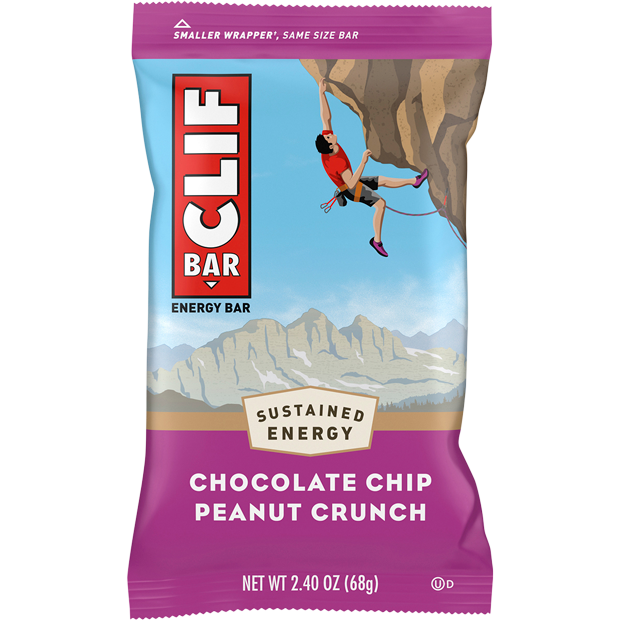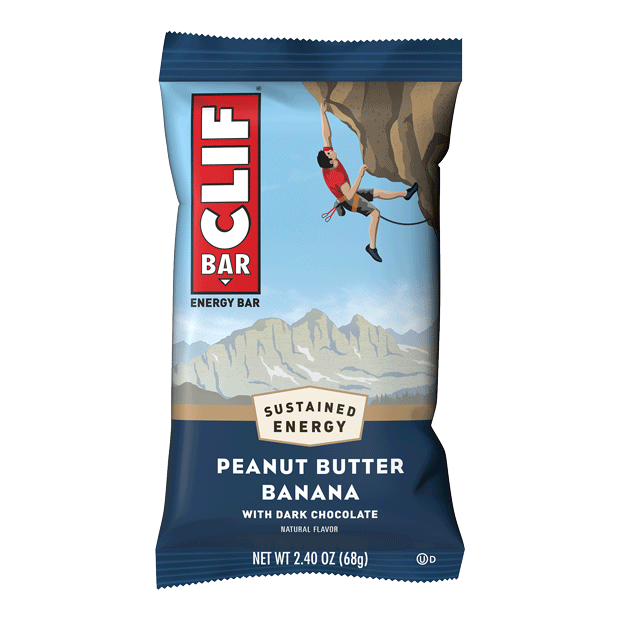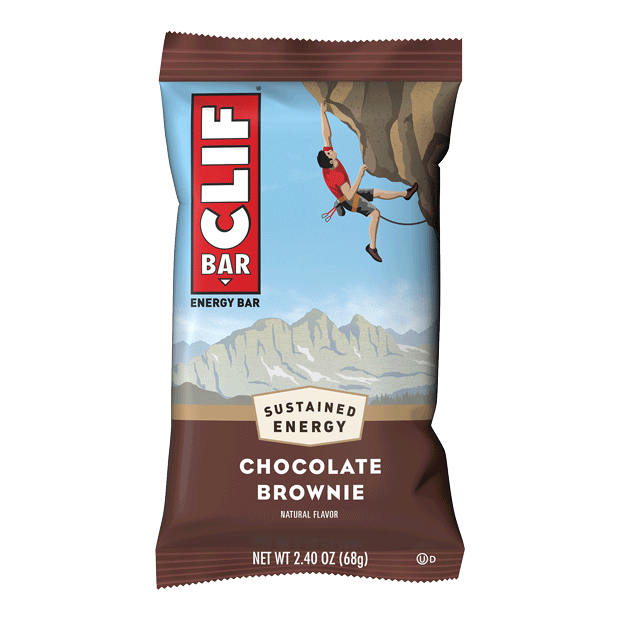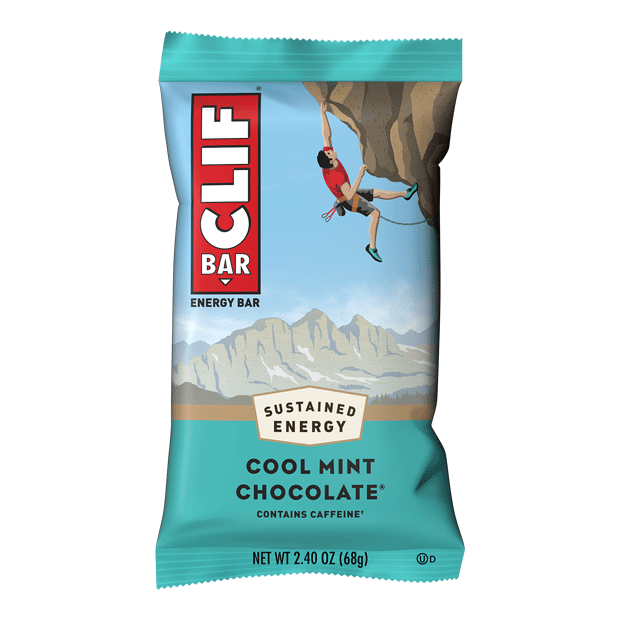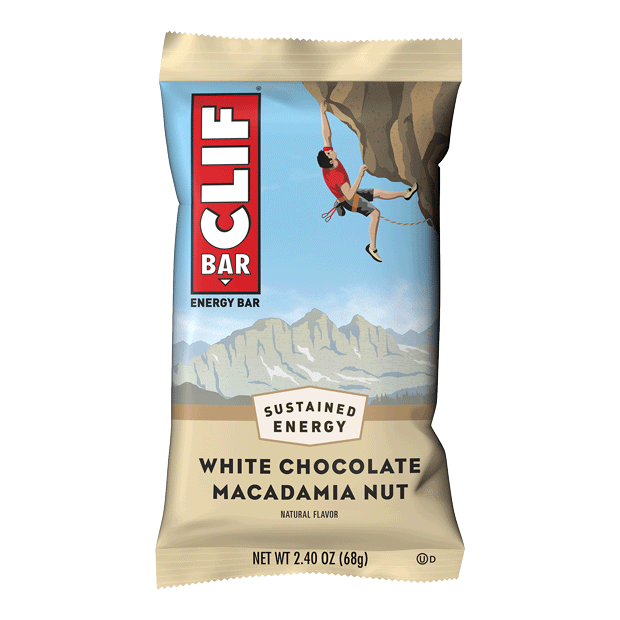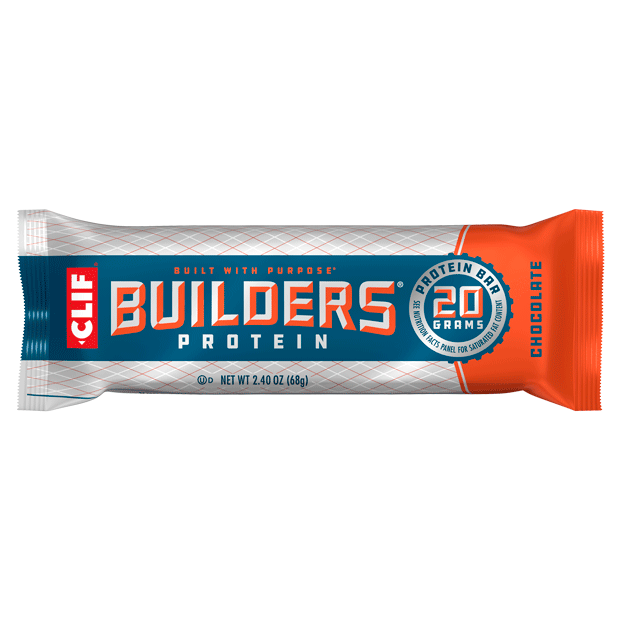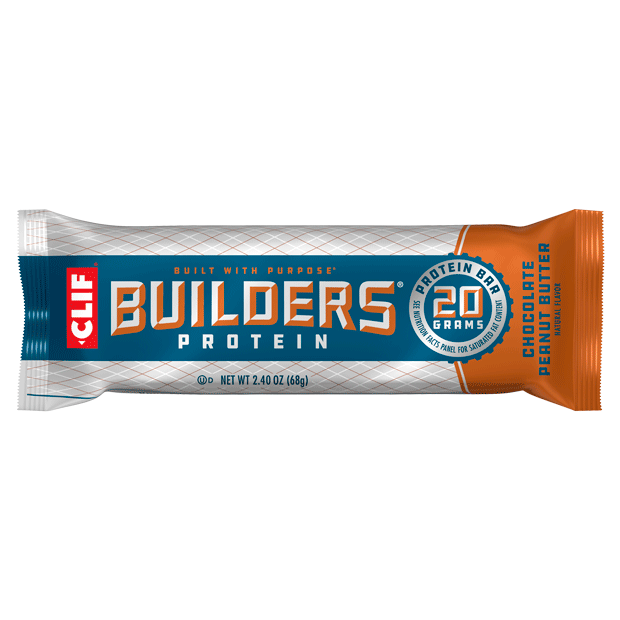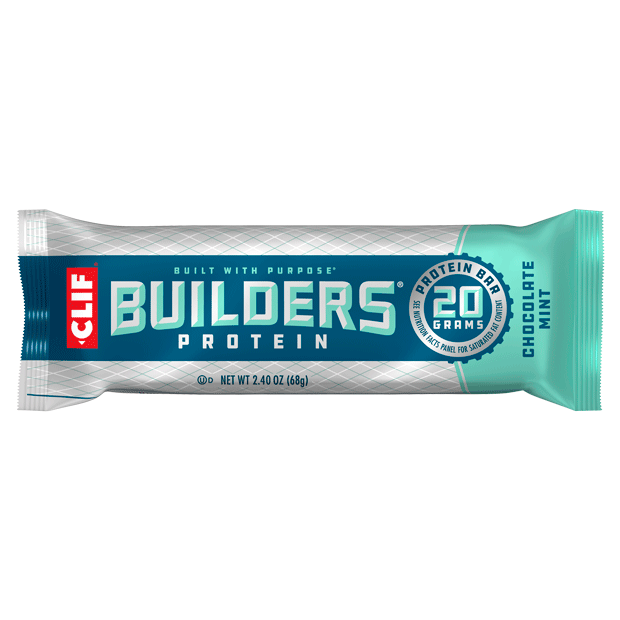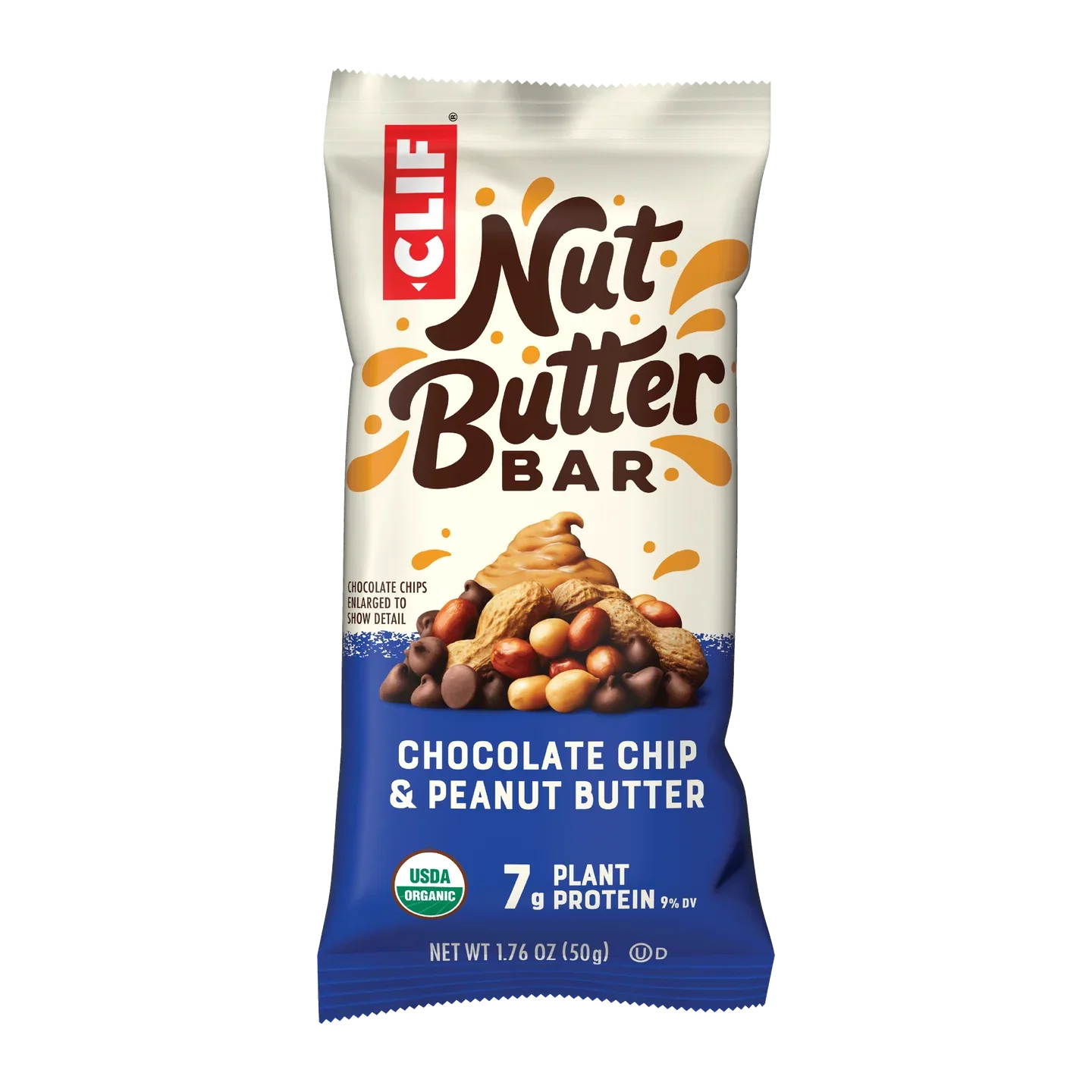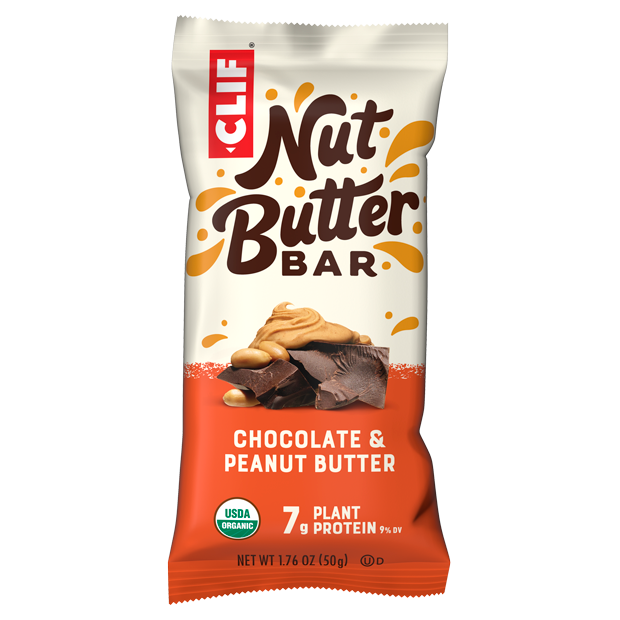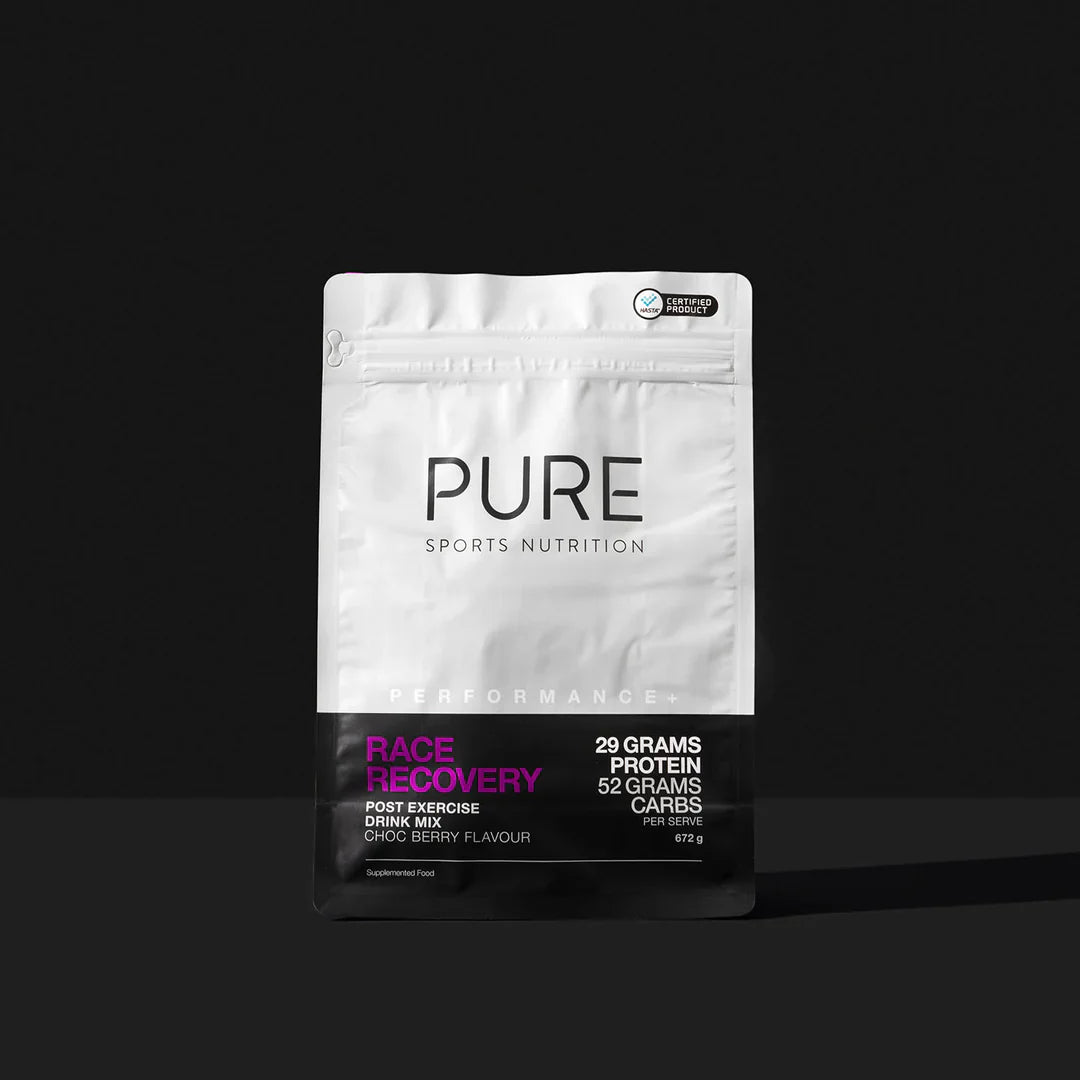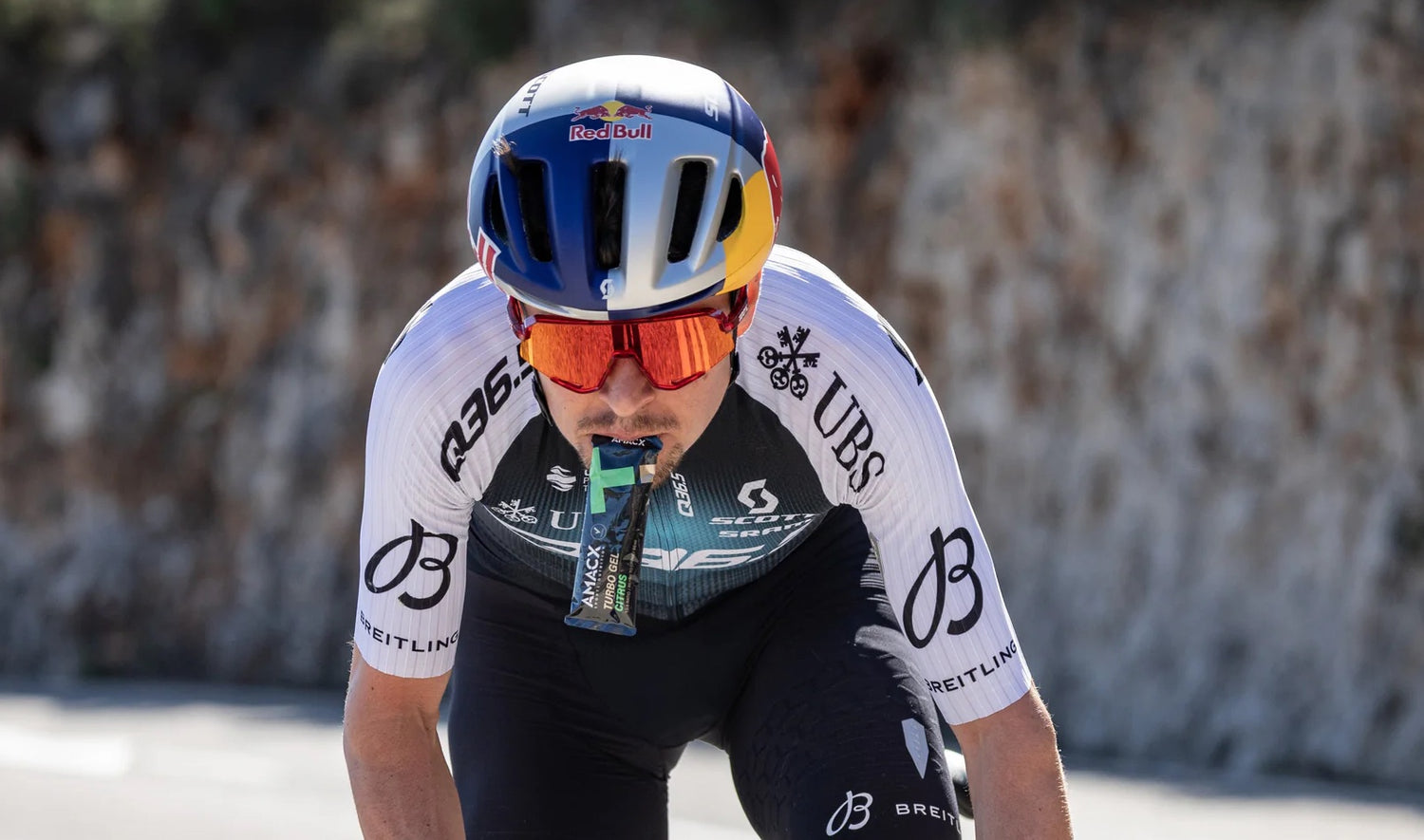Why Recovery Nutrition Matters
After a long or intense endurance race, your muscles are depleted of glycogen, torn with micro‐damage, and protein turnover is elevated. To recover well repair muscle, promote adaptation, replenish energy stores, and get ready for the next session you need to provide the right nutrients, especially carbohydrates and protein.
Role of Carbohydrates & Protein
-
Carbohydrates: restore muscle & liver glycogen. If you wait too long or don’t consume enough, recovery is slower, and you may start subsequent training/races with sub optimal stores.
-
Protein: essential for muscle protein synthesis (MPS), repair of muscle damage, and adapting to training stress. It helps shift the body from a catabolic (breakdown) state toward an anabolic (repair & growth) state.
How Much, How Soon
-
The sooner the better consuming carbohydrates soon after finishing helps with faster glycogen resynthesis. If you have limited recovery time (e.g. racing/training multiple times/day), this matters especially. SpringerOpen+1
-
Amounts: for CHO, many studies suggest ~1.0–1.2 grams per kg body weight per hour for a few hours post‐exercise when rapid recovery is needed. For protein, 0.25–0.4 g/kg is often recommended to maximize muscle protein synthesis. Fisiología del Ejercicio+3SpringerLink+3American Journal of Clinical Nutrition+3
Combining CHO + PRO
-
The combination of carbohydrate + protein can help in situations where carbohydrate intake alone is sub‐optimal. In many cases, CHO + PRO doesn’t increase glycogen resynthesis beyond CHO alone if CHO is sufficient; but protein helps with MPS and recovery of muscle damage. SpringerOpen+1
-
Protein quality matters (i.e. containing essential amino acids, especially leucine). American Journal of Clinical Nutrition+1
Practical Recovery Tips
-
Aim to eat something with high‐glycemic-ish carbs + high‐quality protein as soon as possible after the race (within 30–60 minutes).
-
Continue feeding carbs + protein over the next several hours to fully restore glycogen (especially if you train again soon).
-
Don’t neglect fluids and electrolytes in recovery (rehydration).
Key References
-
Craven, J., Desbrow, B., Sabapathy, S., Bellinger, P., McCartney, & Irwin, C. “The Effect of Consuming Carbohydrate With and Without Protein on the Rate of Muscle Glycogen Re‐synthesis During Short‐Term Post‐Exercise Recovery.” Sports Medicine – Open, 2021. SpringerOpen
-
“Protein Nutrition for Endurance Athletes: A Metabolic Focus on Recovery” (Springer, 2025) – comprehensive review. SpringerLink
-
One study on “one‐size doesn’t fit all: postexercise protein requirements for endurance athletes” (AJCN) – gives guidance on protein dose for maximizing MPS. American Journal of Clinical Nutrition









